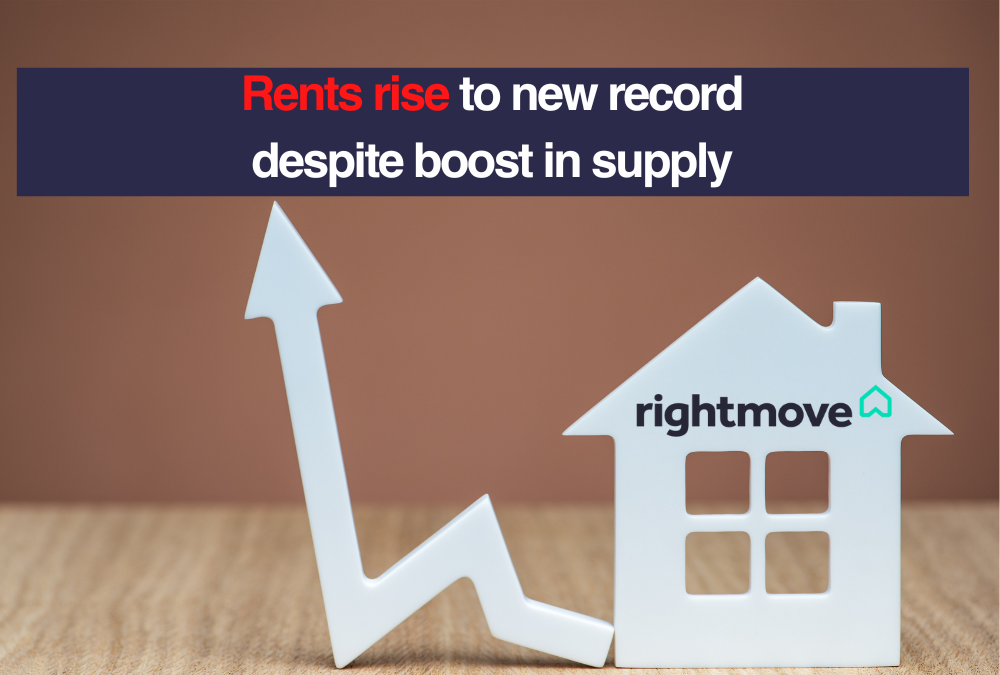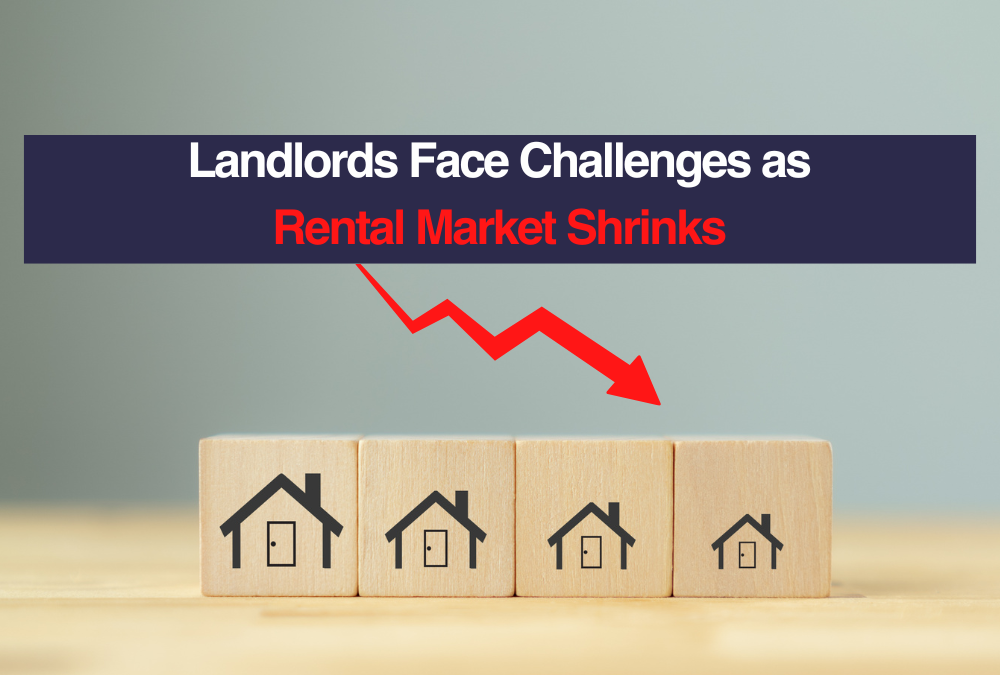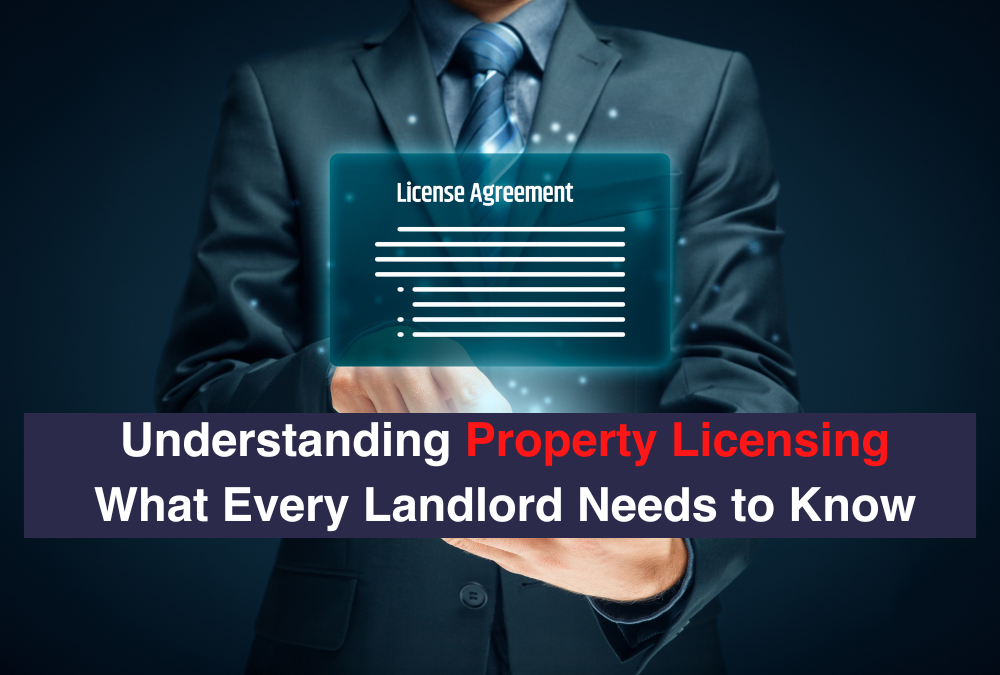The UK property investment market is one of the most lucrative asset classes out there. With affordable property prices in many cities, strong capital growth prospects and growing city centre populations boosting rental demand, it is evident that the UK offers some promising investment opportunities.
It has always been a prime target for overseas investors, but over the past years the number of homes let by non-UK based owners has soared. Property investors from Asia, the US and Europe in particular have viewed the UK property market as a solid investment location for many years, with strong capital appreciation, growing rental markets and the support of continued private and public investment across the country.
One major factor influencing overseas investors right now is the depreciation of the sterling since the EU referendum in 2016. Favourable exchange rates for foreign investors mean they get more for their money making it more appealing to invest.
The UK’s housing market has also proved to be very resilient in times of political unease, which is another attraction for international investors looking for a relatively secure place to put their money.
The UK’s rental market also continues to grow, offering excellent yields for property investors. Higher property prices mean that young people are forced to buy later in life making the private rented sector incredibly strong.
With investment in the UK after Brexit looking promising thanks to market confidence, and property prices set to increase around the country, now is the perfect time to make your property investment purchase.
Do Your Research
Overseas investors should focus on finding a property investment opportunity in an area with high yields, strong growth, and plenty of demand for rental properties. Most towns and cities are made up of good, bad, and indifferent locations so to understand the areas it is important to get the advice from someone who knows the area and can help you make informed decisions.
You will also want to work out whether on top of fees and other repayments, the rental income will be substantial enough for you to make a profit. Estate agents are a good place to start. They can help you with everything from the local area, buying property, finding tenants all the way through to managing your property.
The smoother this process is the more profitable you are likely to be, not to mention taking away a lot of the stress.
Portals such as Rightmove, Zoopla and On the Market are a great place to do some of your own research and educate yourself. They provide freely available information on property prices for sale and rent, historic property prices and percentage value increases in each area.
These portals do not replace the need for getting an agent on board who can give you access to off market deals and insider knowledge but will give you a good overview.
Want More From Your Property
This usually comes down to a preference of yield (income generated from the property expressed as a percentage of the property value) or capital growth (increase in the value of the property over the medium to long term), or a mixture of both.
You may be able to add value to your property by increasing it in size, converting it or re-developing it. This may require planning consent, and with leasehold properties probably the consent of the freeholder. There may be other consents needed depending on the nature of the property such as listed building consent if it is of historical or architectural importance.
What Type of Property & Tenant?
When choosing an investment type, it is wise to study the demographics of the area and weigh up the existing supply vs demand.
Residential property is not your only option. Retail, commercial and warehousing are also worth considering however it is worth noting that, like many other countries, the high street is dying due to the rise of e-commerce so retail may be a particularly challenging area. Warehousing is on the up due to the same reason.
Residential is the most usual and straight forward route to take, but it is still advisable to consider your target market and property accordingly.
When renting out any property in the UK there are many rules and regulations that landlords must legally adhere to. Seek advice from a letting agent who will be able to guide you through this process and ensure that you are not breaking the law, as this can face hefty fines.
Families tend to want houses with outside space in safe areas near to good schools. They tend to make the property a home and therefore stay longer reducing the likelihood of a void period where you would be missing out on rent.
If you purchase a property in a university city, it may be a good idea to target students.
You may need an HMO licence (Housing of multiple occupancy) which is where you rent out individual rooms with shared facilities.
This can produce a higher yield, but the turnover will probably be much greater, and students may be less likely to look after your property resulting in higher maintenance costs.
Young professionals tend to like to live in busy town or city centres near to their work and amenities. Flats are particularly appealing where they don’t have to worry about maintenance and have on site facilities such as concierge and gyms.
Be aware that when buying a flat you will have to pay a service charge and possibly ground rent which can be costly.
The building in which flats are contained is, or should be, managed by the freeholder or a managing agent on the freeholder’s behalf. Each flat within the building is liable for a certain percentage of the costs for providing the services.
If you buy a flat in the UK it will almost always be held under a lease. A long lease is perfectly marketable, but you would not have the highest interest in the building, which is that of the freeholder.
Sometimes a flat will come with ownership of a share in the freehold and, it may be possible to acquire the freehold by getting together with owners of flats in the same building under a process known as collective enfranchisement.
The value of the flat will be partly dependent upon the length of the lease. Ideally you should be looking for a lease of 85 years or more. Generally, for mortgage purposes lenders are looking for leases of 60 years or more.
Once a flat has been owned for more than 2 years there is a right to extend the lease. The price to be paid to the freeholder for that extension is based on several factors, including the length of the lease.
It is important to note that if the lease has less than 80 years remaining and the right to a new lease is exercised, an additional sum is payable to the freeholder which is called a ‘marriage value’.
There can be opportunities for profits to be made in buying short leases and extending them, but great care and specialist advice is required.
Legal Representation – Conveyancing Process
Once you have had an offer accepted on your chosen property the conveyancing process begins. You will need to instruct a solicitor whose job it is to transfer the property title into your name.
If you are needing a mortgage to purchase your property, the lender will normally want to do a valuation survey to ensure the property is worth what they are willing to lend you. If the valuation discovers any problems, you might want to reduce your offer to take these into account.
Once your solicitor has completed all the relevant searches and investigations (also known as due diligence) and your mortgage lender has provided you a firm offer, you are then able to exchange contracts and are legally committed to the property at this point.
The buyer also pays their deposit at this stage which is traditionally 10% of the purchase price.
Completion can take place on the same day as exchange but usually there is a period of 7-28 days to allow for further legal and practical matters. On completion, the balance is paid, and the title is transferred to the buyer.
Keep in mind that up until the exchange of contracts both parties can back out of the deal.
Funding
If you can’t (or don’t want to) buy a property outright you can apply for a mortgage.
When lending to overseas buyers a specialist bank or lender is usually required. Shopping around and asking independent mortgage advisors for the best and most appropriate rates is highly advisable to give you the best possible chance of making your investment work.
Any loan to buy UK property will be secured by the lender taking a charge (mortgage) against it, registered at the Land Registry.
Mortgages in the UK are ‘recourse’, meaning that if the borrower makes default and the lender forecloses, the borrower (and any guarantor of the loan) is liable for any shortfall if the sale price is not sufficient to pay the loan interest and costs.
Taxes
There are a few taxes that you need to be aware of when buying assets in the UK.
Ownership structure can be an effective way round some of these taxes, but it is imperative to get legal and financial advice on how these taxes may affect you.
These are the main ones to be aware of are:
Income Tax – If income over a certain threshold is earned from a UK property you may be subject to income tax.
Capital Gains Tax – This tax usually only applies if you have resided in the UK or plan to within a certain time frame and would only be due on profit made from the sale of the property over your annual personal allowance.
SDLT – This is a land transfer tax due on the gross value of the purchased property and is due around 30 days after completion (be aware that this differs in Scotland and Wales).
Inheritance Tax – This is charged at the rate of 40% on the net value of an individual’s estate above the nil rate band on that person’s death (only UK based assets will be subject to this tax).
Time to Invest
This article gives an overview on your what your investment journey may look like, but it is essential to get legal and financial representation throughout and to take advice from local agents and trusted contacts.
As an initial action point, work out how much you can afford and account for stamp duty, legal and conveyancing fees and whether the return on investment makes financial sense.
This will give you the best possible chance of successfully investing in UK property.
Here at Horizon Lets we are experts in this field. We work with overseas landlords who are remote from their investments but trust us to look after their property, sometimes this includes an initial refurb too.
Our team understand the concerns landlords may have when far from their investment property and we would be delighted to help any landlord with any stage of their investing journey.
Related Articles
- SDLT Surcharge For Non-UK Buyers
- Property Investment Strategies; The Pros & Cons
- Key Dates & New Rules For Landlords In 2021
- Buy Your First Buy To Let Property
- 10 Tax Saving Tips








